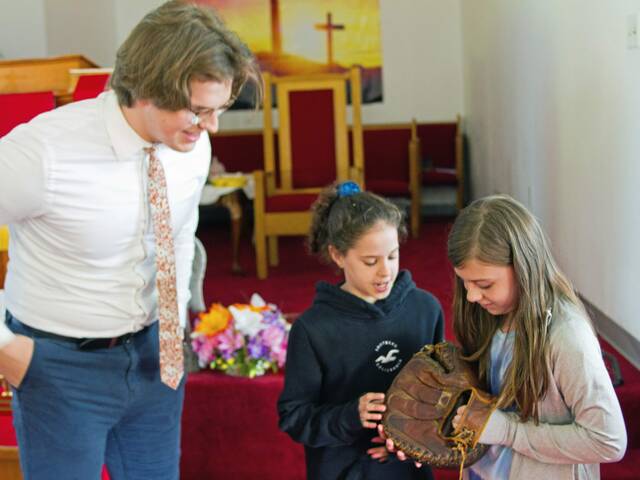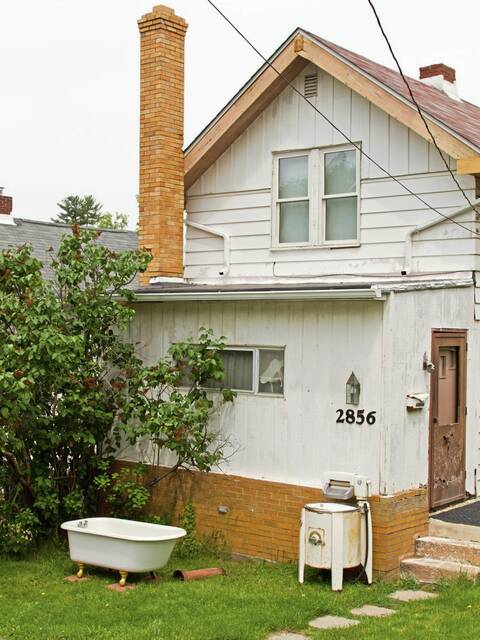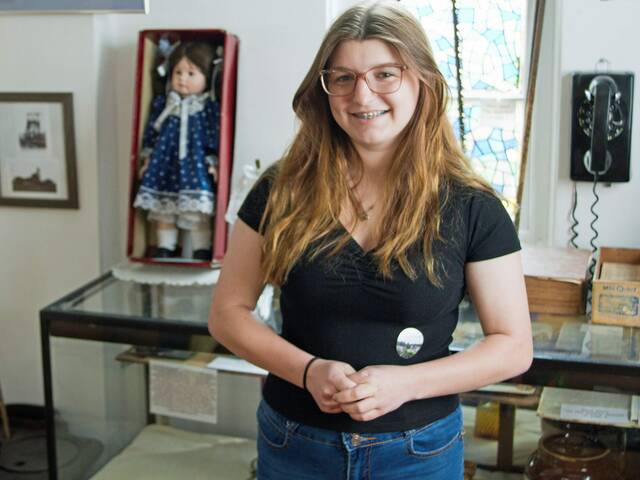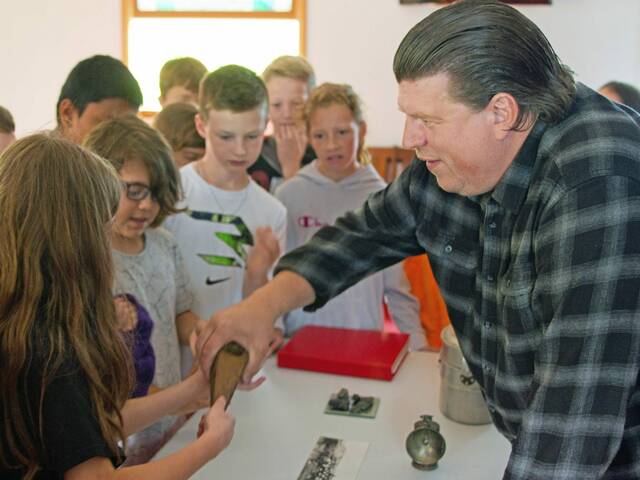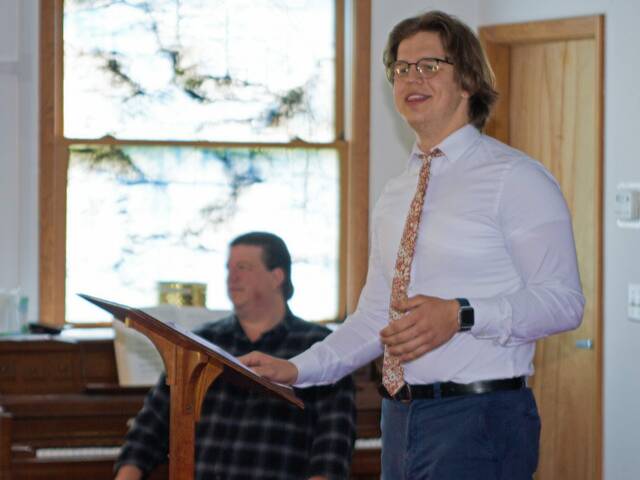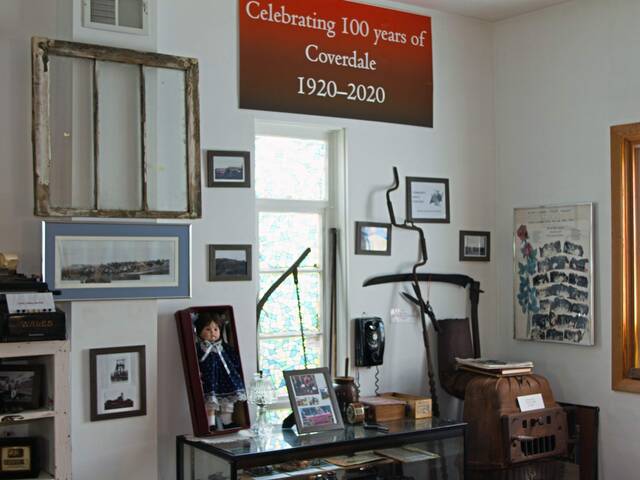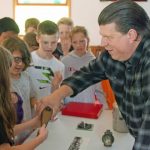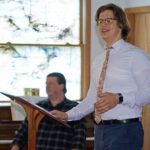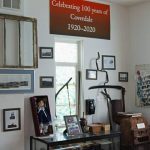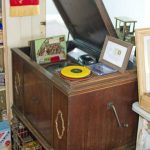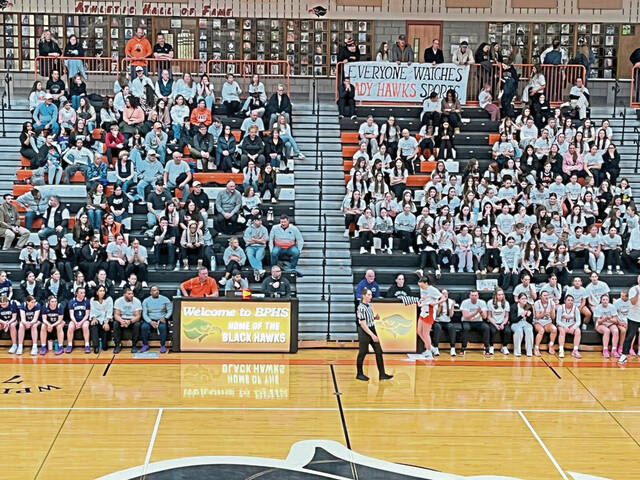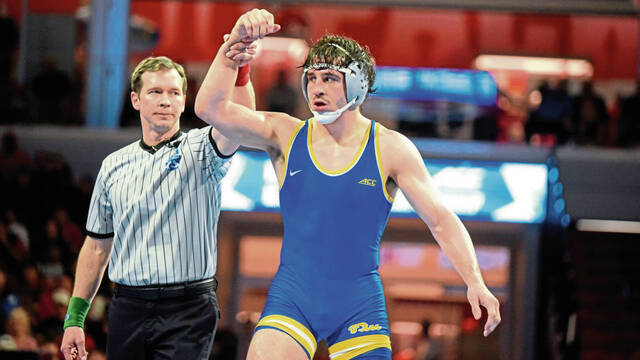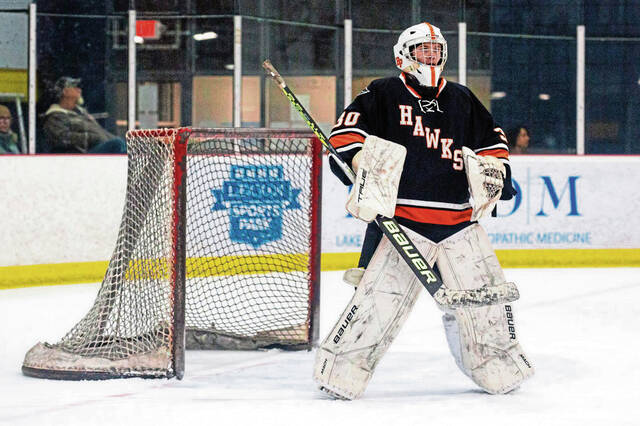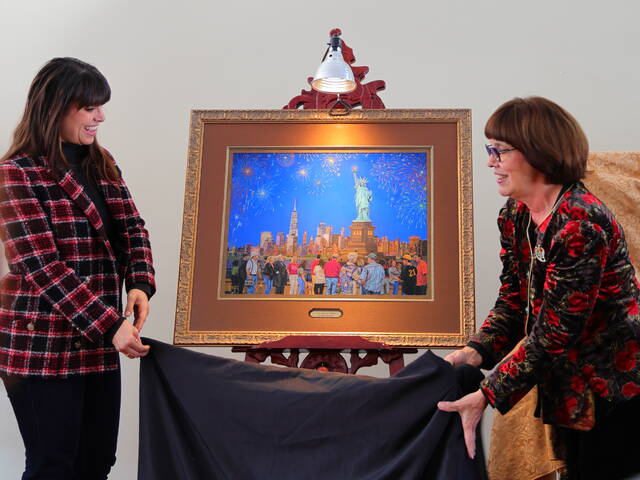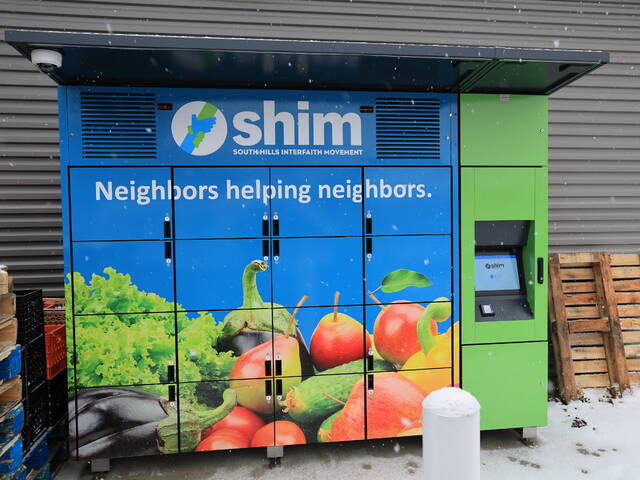You’ve heard about all the owners of old homes and hostelries making the claim: George Washington slept here.
Bethel Park resident Collin McCormick has a similar story, and a far more confirmable one, involving 13-year National Basketball Association player Armen Gilliam (1964-2011).
“He lived in the same house I grew up in, and better, we slept in the exact same room,” McCormick said, adding the qualifier: “Different times. Way different times.”
The Duquesne University student joined his father, Robert, in hosting a late-May field trip to Bethel Baptist Church by fourth-graders from nearby Benjamin Franklin Elementary School to mark an effective end of an era.
In 2019, Robert assembled an exhibit at the church in anticipation of the following year’s centennial of Bethel Park’s Coverdale neighborhood, founded as the company town for Pittsburgh Coal Co.’s Mine No. 8.
Three years later, the Franklin students participated in the final gathering before the exhibit’s materials were moved a few blocks away to the house at 2856 Cherry St., which will serve as the permanent Coverdale Preserve. It is expected to be ready in late summer, according to the elder McCormick, who owns the property.
As such, that happens to be where Armen Gilliam and Collin McCormick had the same bedroom, four decades or so apart.
The Preserve contains items of local origin that Robert has been collecting since he was growing up in Coverdale, along with a variety of relevant donations.
“The plan there is to have everybody who comes to the house, no matter how old or how young, you’re going to relate to something,” Robert McCormick said. “A lot of the younger kids actually wanted their toys and different things to be put in there, that they don’t use anymore. They want to be part of it, and I encourage that. That’s history.”
Hearing it for himself
His own interest in history was piqued to a significant degree by his Coverdale neighbors.
“There was a coal mine here, and it closed in 1949, but a lot of the miners stayed. And when I was a little kid, I actually got to meet these miners. They were up in age at the time, and they used to tell me all kinds of stories about how it used to be and how the coal mine was,” he told the youngsters from Franklin. “
“That’s how the Coverdale Preserve came about, because as time went on, I thought to myself, this area is so important to Bethel Park and to Pennsylvania. I really think there should be a place where we just preserve all the ideas and keep the stories.”
The mine’s significance beyond the local municipality stems from the vision of the man for which it was named: W.H. Coverdale, who served on Pittsburgh Coal’s executive board circa 1915, when the company determined that the bituminous seam beneath the farmland at the time was ripe for extraction.
“Coal miners, as you’ve probably heard, were not treated very well in the 1800s and in the early 1900s. Mr. Coverdale didn’t like this, and he had a better vision,” Robert said. “He wanted a state-of-the-art coal-mining operation that was safer, because a lot of coal mines were just not safe and people were getting hurt and dying quite often.”
He also wanted a neighborhood of company homes in which the people who lived there could take pride, and a majority of them still serve as residences a century later.
“That’s painting a nice picture there, but I want you to understand that it was still very dangerous in the mines,” McCormick said as he showed the students a small cage, explaining how the bird that were placed inside determined if noxious gases were present. “If the canary died, they knew it wasn’t safe to be in there. So they would have to create ventilation for that part of the mine.”
Structural considerations also presented hazards, and in cases of collapses, an alarm whistle would notify wives, mothers and others within earshot.
“When they heard that whistle, they would run down to the mine entrance, which was right over here,” McCormick said about the proximity to the church, “and they would all stand around and pray, just hoping that their loved ones would come out. This is the kind of stuff that we have to appreciate today.”
Bad times, good times
He related some of the stories he heard from old miners, mostly related to the concept of concept of company homes: They were strictly for men who worked in the mines and their families. If you couldn’t work, you couldn’t live there.
That applied to workers who were injured on the job, including one man who had to have his leg amputated following a collapse.
One man survived a mine collapse, but his leg was amputated.
“Obviously, he couldn’t work. Right? So what happened is they gave him, I think, a couple of weeks to recover. And they said to him, we’ve got to take your house back. These houses are for the workers in the mine,” McCormick said. “He actually put on a wooden leg and worked the next 10 years down in that mine after that collapse. Can you believe that?”
Because of similar circumstances, a man and his wife were in the process of being evicted by the coal company’s police force. But the couple refused to leave.
“They tore the roof off the house. They took the doors off the house and they said, now live here,” McCormick said. “Of course, they had to move out after that.”
On a far more positive note, his son told the Franklin students ¬— he used to attend the school and actually had some of the same teachers — about some of the recreational activities around Coverdale, including tales of local athletic legends.
Among them were Golden Gloves-chamption boxer James Gilliam and the baseball-playing Richardson brothers: Frank, Sam, Caleb and Henry, the last-named apparently a flamethrower of a pitcher.
“Sometimes, he threw so hard that, while wearing this glove,” Collin McCormick said, showing the youngsters an aged but substantial mitt, “the catcher would have to even put a sponge in here to soften the blow.”
The Coverdale Preserve is featuring a substantial amount of sports memorabilia, with that related to Armen Gilliam an eminently notable inclusion.
He slept there, after all.


